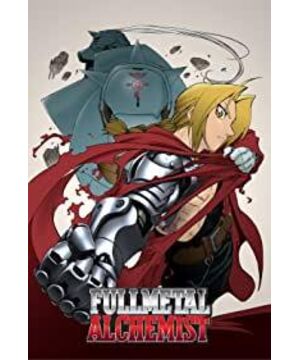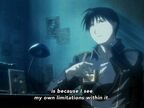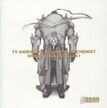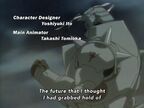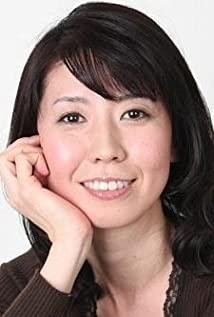Equivalent substitution is a very important existence in the whole play. Since steelmaking is narrated from Ed's perspective, the whole play must also be Ed's equivalent of equivalent substitution from beginning to end. Substitution for sure. In the play, there is also a negation of equivalent substitution. "It's okay to say that everything is equal, or it's unfair to say that, but there is no equivalent in exchange. In order to get something, you have to pay a price. On the other hand, if you pay the price, you must get something? You paid the same price. But you may not get the same reward. You have taken the national alchemy exam. In order to pass, many people have spent time studying. This is the price. However, only a very small number of people actually passed. They are also studying alchemy. There is a big difference in strength. And people’s lives are not equal” (Dante)” Is it equivalent replacement? But to restore the destroyed things, not only the same materials, but also the same materials are needed. The energy that needs to be restored, ignore this, it is not possible to replace it with equivalent. We have a small door here, alchemists open this door, connect to this world through here, and extract life conversion For my own strength. I was relieved when I knew that equivalence is not the truth, that there is no need to pay a price to get it. There is no price or reward for parents to love their children.” (Hoinheim) Drama The other characters in the book also more or less deny the equivalence, just as they affirm the existence of genius.
However, even so, I still believe that as long as you put in the effort, you will be rewarded accordingly, as long as you work hard, everyone will have a fair return, and as long as you pay the price, everyone has an equal right to happiness. I would rather believe this Equivalent exchange. This is not the case in reality, so if it is a trick to deceive children, I would rather be a child for the rest of my life and pay the price and get nothing in return. I don’t want to think about it.” Ed As a teenager, he couldn't fully accept the cruelty of this world. For him, equivalent substitution is not only the principle of alchemy, but also the driving force of his struggle, and the hope that his kind heart still holds for the world after experiencing anger, sadness and pain. It is precisely because of this that after Edd separates the two worlds from Al, Ren believes that as long as he works hard, one day, his and Al's life trajectories will intersect again, and he will eventually return to the original world. In the end, even if he stayed in "our world", he could still face tomorrow with optimism, and he could sing along with Al on the journey.
Isn't this beautiful?
View more about Fullmetal Alchemist reviews


